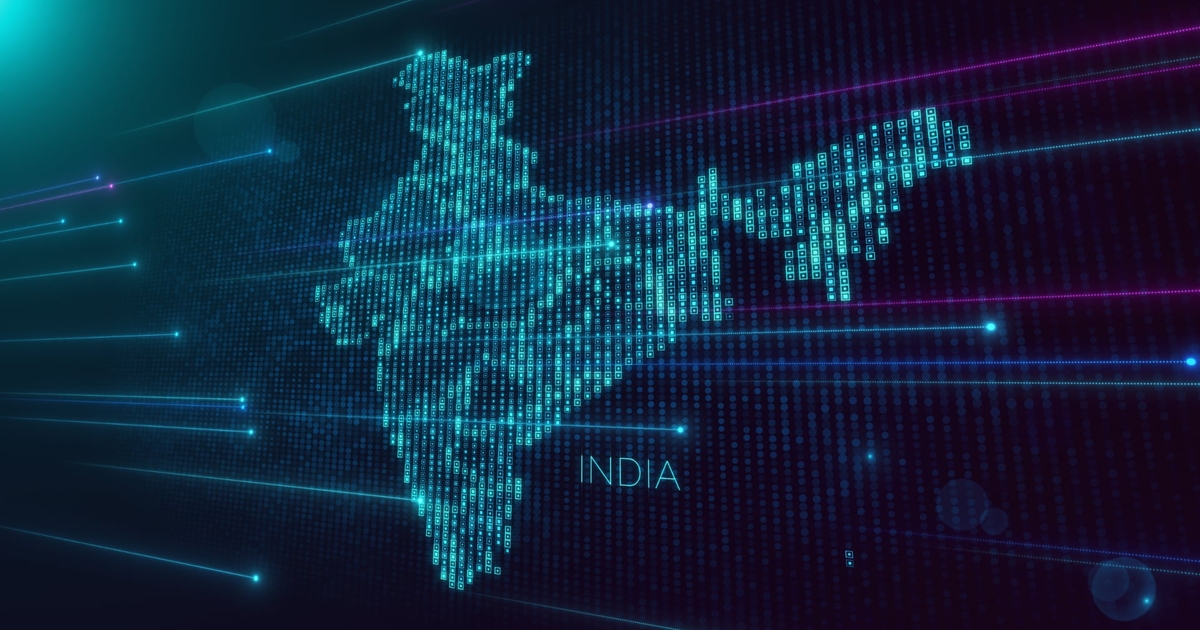The surge in cyberattacks targeting organizations in India continues to raise concerns as the number of attacks has doubled year-over-year, far outpacing the global average. According to a recent quarterly report by Indusface, a managed application security provider, India-based organizations faced nearly 1.2 billion cyberattacks in the third quarter of 2024, a significant increase from about 600 million in the same quarter of 2023. Of these attacks, 377 million were denial-of-service (DoS) events, and 215 million were bot-based requests targeting API services and Web servers protected by the firm’s Web application and API protection (WAAP) service.
Ashish Tandon, the founder and CEO of Indusface, noted that attackers have shifted their focus towards exploiting websites and APIs using various attack vectors. This change in strategy is attributed to the rise of large language models (LLMs), which have made it easier for attackers to execute vulnerability attacks. The data reflects a triple-digit growth in such incidents, indicating a concerning trend in cyber threats faced by Indian organizations.
India’s growing economy, with a 5.4% growth rate in the third quarter, has made it a prime target for cyberattacks. PwC’s “2025 Global Digital Trust Insights” (India edition) revealed that 44% of businesses in India have experienced data breaches costing at least $500,000 in the past three years. As a result, cybersecurity has become a top priority for Indian executives, with 61% ranking it among their top three concerns.
The escalation of cyberattacks in India has raised red flags for critical sectors such as banking, financial services, insurance, power, and energy. These industries have been targeted significantly more compared to the global average, with power and energy witnessing four times as many attacks per website. According to Phani Deepak Akella, vice president of marketing at Indusface, these industries are targeted for geopolitical reasons, aiming to disrupt essential services.
Despite the growing threats, Indian companies are facing challenges in managing vulnerabilities and securing their attack surface. Only 19% of organizations use automated scanners to manage API security, while 45% rely on manual penetration testing. Additionally, more than a third of companies do not test their APIs at all, leaving them vulnerable to potential cyber threats.
Furthermore, the slow patching of critical vulnerabilities in API services poses a significant risk, with over 30% of high-severity vulnerabilities remaining unpatched for more than six months after discovery. Security misconfigurations and identification/authentication failures are the top classes of vulnerabilities found in production API servers, while web applications are plagued by issues such as blind SQL injection, server-side request forgery, and HTML injection.
In conclusion, the accelerating rate of cyberattacks in India underscores the urgent need for organizations to enhance their cybersecurity measures and protect against evolving threats in the digital landscape. With attackers becoming more sophisticated and leveraging advanced technology, businesses and government agencies in South Asia must prioritize cybersecurity to safeguard their operations and data from potential breaches and disruptions.


